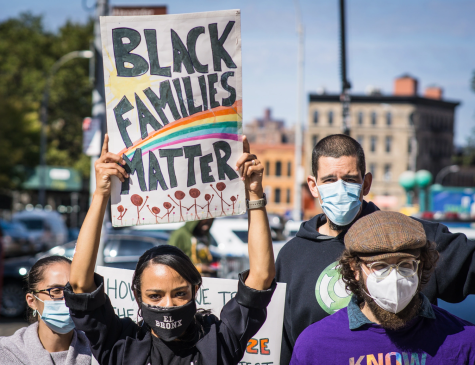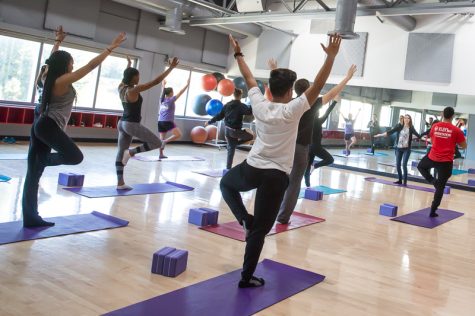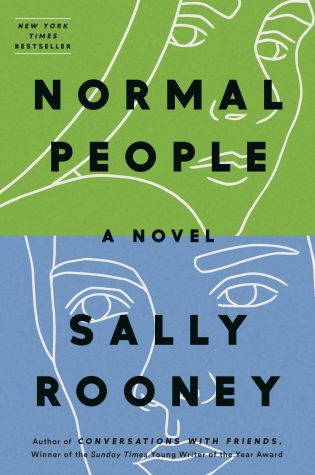Federal work study or part time job?
January 24, 2018
Many students here at Cal State East Bay qualify for Federal Work-Study (FWS), but what exactly is it?
According to Federal Student Aid, an office of the U.S. Department of Education, “Federal Work-Study provides part-time jobs for undergraduate and graduate students with financial need, allowing them to earn money to help pay education expenses. The program encourages community work and work related to the student’s course of study.”
The Federal Work-Study program is designed to help low-income students during their college by pairing them with jobs.
Every year when you renew your Financial Application for Federal Student Aid, or FAFSA, it gives the applicant the option to accept the FWS offer. Then the U.S. Department of Education, which is in charge of FAFSA, decides if the applicant is in financial need based on their annual income.
“Your total work-study award depends on when you apply, your level of financial need, and your school’s funding level,” according to the Federal Student Aid. While many schools do offer FWS like CSU East Bay, not every school does.
The student has the option of receiving their money in check or they can have the school send the money to pay off student loans. The FWS job can be on-campus or off-campus and many of the off-campus jobs are non-profit organizations or public agencies who have an agreement with colleges and universities to accept FWS students.
This is convenient for students, schools and off-campus sites that are part of the FWS program. The federal government pays the students for working, meaning that the school or off-campus employers do not pay them for working for them, it seems like a win-win situation.
Although this program has its benefits, how reliable is it for students? What would happen to students who exceed the award amount given to them?
Ted Moy, the work-study coordinator at CSUEB, explained to The Pioneer what would happen in these circumstances.
“When you finish your money it can and most likely will be increased,” he said. Yet, this is not always the case and in this situation what can happen is that the amount of the loans offered to students by FAFSA will decrease and that will be used to increase work-study money instead, explained Moy to The Pioneer.
“For students who are also under scholarships and receive work-study although, if their money is increased and they finish the increase too, then they will unfortunately have to be let go,” said Moy.
Federal work-study is helpful for college students, but not reliable. A work-study student can only get as much money as they were awarded and if they run out, they would have to ask for an increase and hope it can be done, or any of the other methods mentioned.
Vanessa Macias, a fourth year human development major at CSUEB, has been doing FWS since she was a freshman as a reading tutor at an elementary school.
“I think FWS is a great program because it gives good job opportunities that are not extremely demanding for college students,” she told The Pioneer.
For Macias, work-study is ideal because the work isn’t too heavy and does not interfere with her academic life. In addition to getting paid, being a tutor has given her a rewarding feeling because she gets to help and witness student’s academic growth.
“I would recommend FWS over a part time job because the program is required to accommodate to one’s academics, having a FWS job will allow you to not be overworked and thrive in your studies,” Macias explained to The Pioneer.
Organizations that are FWS friendly are fully aware they are employing students and accommodate for their class schedule.
I did work-study as a freshman and I must admit I was lost going into it. Eventually I got the hang of it and during my sophomore year I became a reading tutor at an elementary school.
I enjoyed working there. It’s rewarding to work with kids and help them develop. Yet in my case, I chose a part-time job over work-study primarily because of the hours. Sometimes I would be sent home early or if I got close to finishing my grant money; my hours would get cut so I didn’t go over the allotted money and it was not worth the commute.
As much as I liked it, I needed a job where I could get more hours and not have to worry about my award limit. It’s tough being a full-time student and having a reliable source of income to survive and unfortunately work-study was not enough for me.
Yes, FWS is convenient because it is designed to also accommodate student’s academic schedules, but it makes it tough to cover your living expenses. There are lots of part-time jobs out there that hire college students and are understanding with a student’s class schedule and study time.
My personal grant was $2,400 for the whole school year. That was not enough for me to get by. That amount is something I could earn in one quarter with a part-time job instead of three under work-study.
Federal Work-Study is a great program for low-income students, but if you have bills to pay, it will require more than what FWS can provide.




















